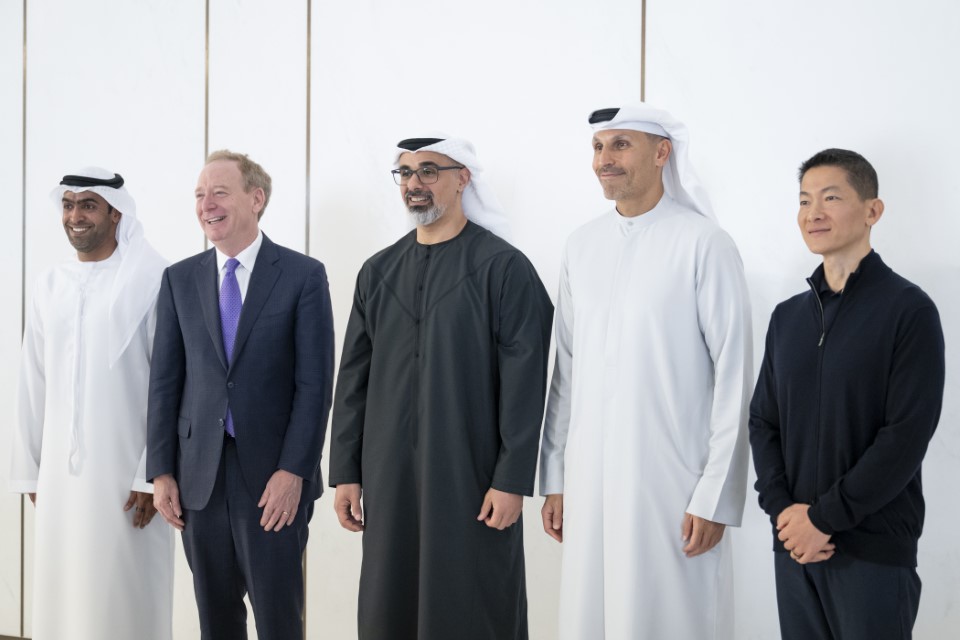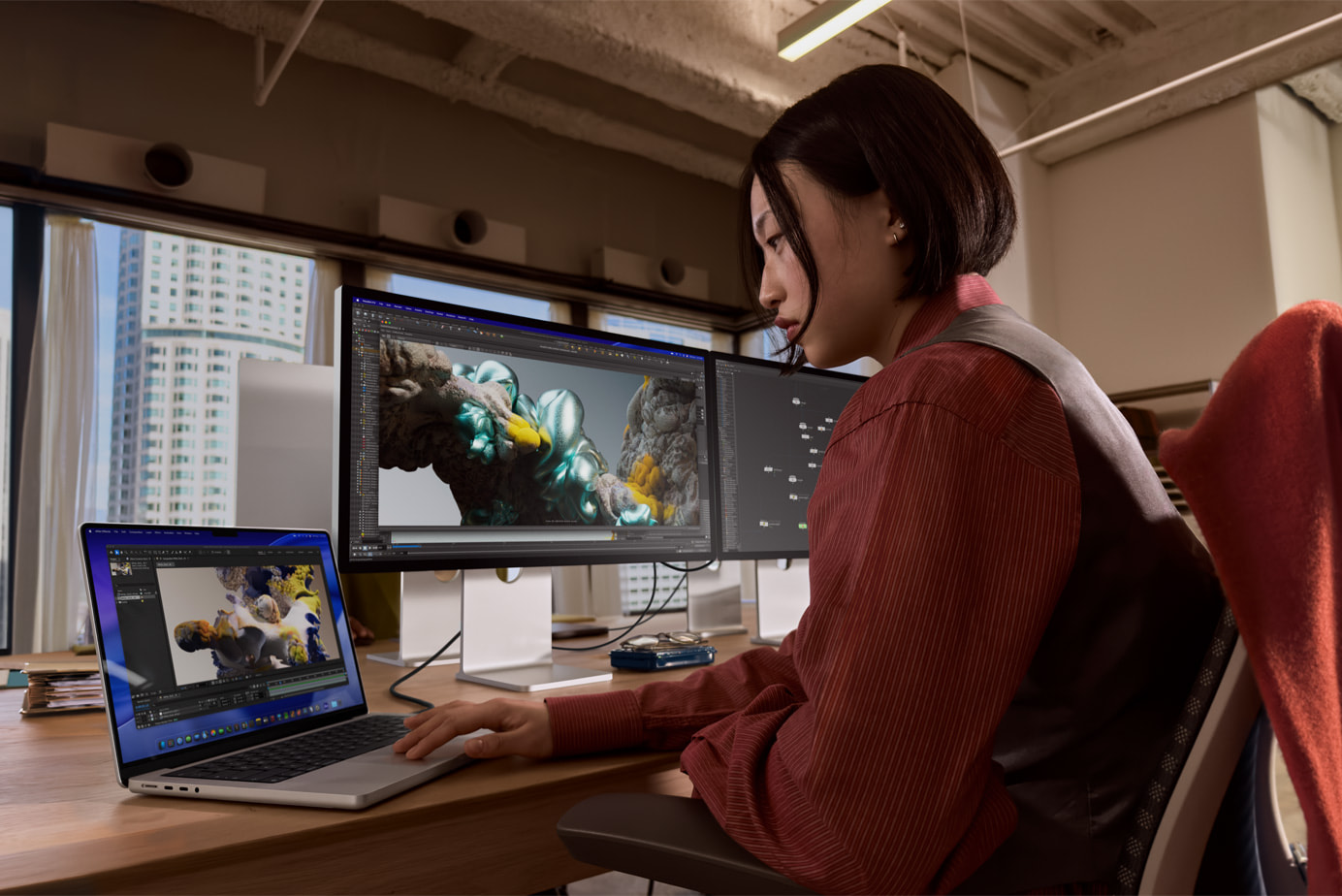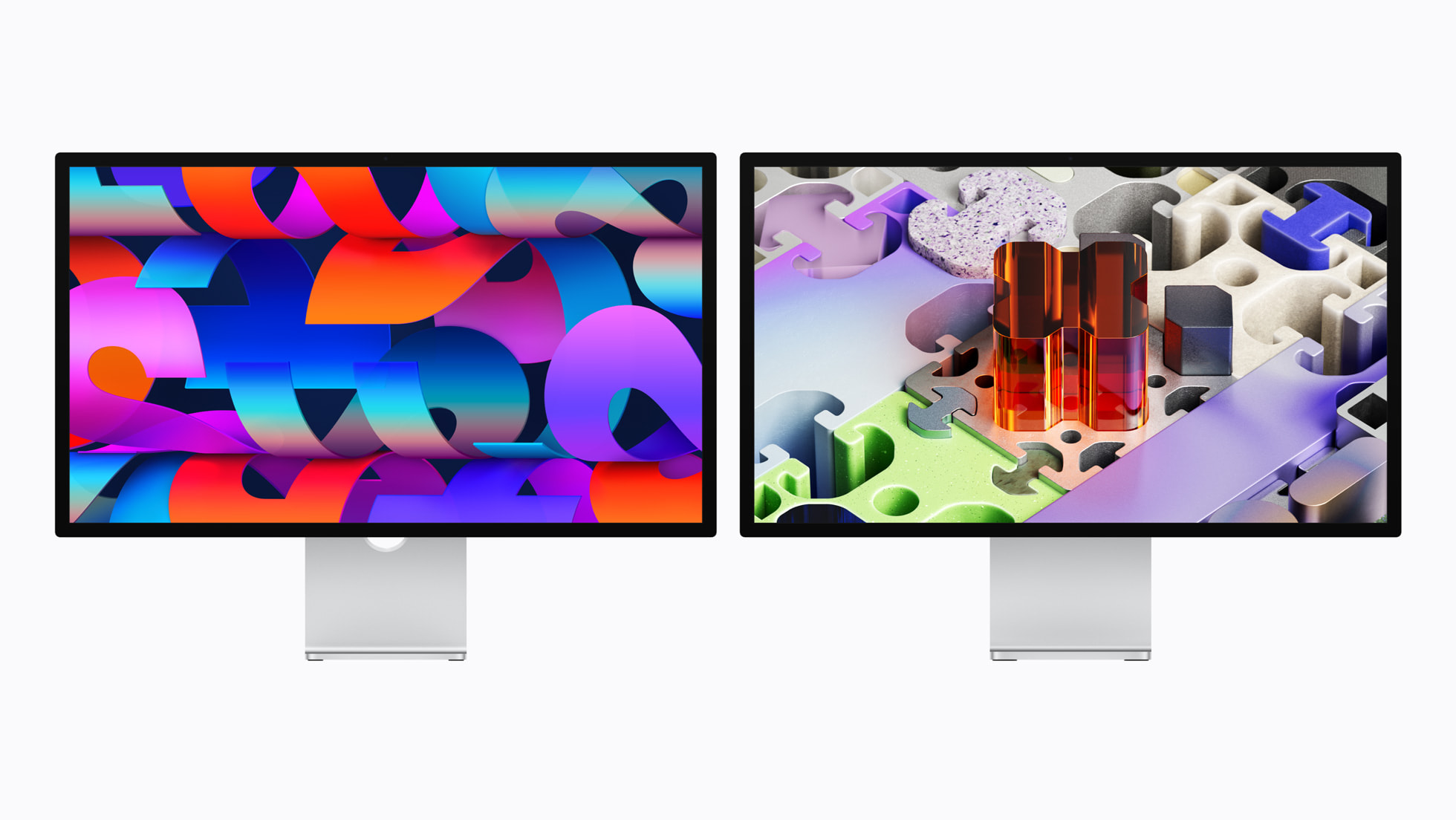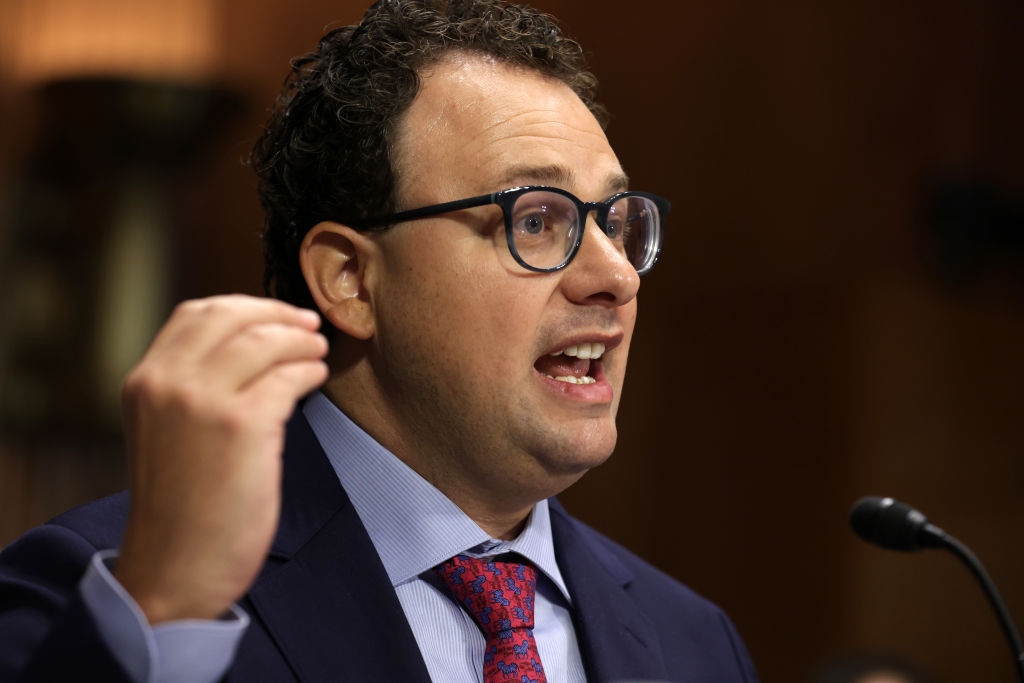
The United Arab Emirates is poised to become a critical hub for artificial intelligence development and deployment, following a groundbreaking $15.2 billion investment by Microsoft over the next four years. This substantial commitment, announced at the inaugural Abu Dhabi Global AI Summit, marks a pivotal moment not only for the Gulf nation’s technological ambitions but also for the intricate dynamics of U.S. foreign policy and the global race for AI supremacy. Central to this deal is the unprecedented licensing of advanced Nvidia Graphics Processing Units (GPUs) to the UAE, positioning the nation as a crucial testbed for Washington’s export-control diplomacy and a significant anchor for American AI influence in the Middle East.
Strategic Investment Unveiled
Microsoft’s investment strategy in the UAE is multifaceted, spanning infrastructure development, equity stakes, and human capital initiatives. The $15.2 billion figure encompasses expenditures from 2023 through the end of 2029. Already, between 2023 and the close of 2025, Microsoft will have allocated approximately $7.3 billion. This initial phase included a $1.5 billion equity investment in G42, a leading UAE-based sovereign artificial intelligence technology holding company, alongside over $4.6 billion directed towards establishing and expanding data center capabilities. Looking ahead, from 2026 to 2029, Microsoft has pledged an additional $7.9 billion, with a significant portion—$5.5 billion—earmarked for capital expenditures dedicated to the ongoing and planned expansion of AI and cloud infrastructure within the Emirates.
The cornerstone of this ambitious undertaking is the delivery of cutting-edge Nvidia GPUs, which are indispensable for training and running sophisticated AI models. Microsoft has become the first entity to secure a license from the U.S. Commerce Department for the export of these powerful chips to the UAE. This regulatory approval facilitates the accumulation of a substantial computational arsenal, equivalent to 21,500 Nvidia A100 GPUs, comprising a blend of A100, H100, and H200 chips. Such a robust computing foundation is essential for supporting the advanced AI models from various providers, including OpenAI, Anthropic, open-source communities, and Microsoft’s proprietary offerings, making the UAE a significant player in the global AI ecosystem.
The Geopolitical Chessboard of AI
The global landscape of artificial intelligence is marked by intense competition, with nations and corporations vying for technological leadership that promises not only economic prosperity but also geopolitical advantage. The United States has been at the forefront of this race, leveraging its innovation prowess while simultaneously implementing strategic export controls to safeguard its technological edge, particularly against perceived adversaries. The recent Microsoft-UAE deal is a testament to this complex interplay, reflecting Washington’s nuanced approach to fostering AI development among allies while managing proliferation risks.
The Middle East, a region of immense strategic importance, has become a key battleground in this global AI contest. Nations like the UAE, Saudi Arabia, and Qatar are actively investing in digital transformation and AI capabilities to diversify their economies and assert regional leadership. Microsoft’s expanded presence in the UAE underscores the company’s ambition to solidify its foothold in this rapidly evolving market, positioning itself as a primary enabler of AI innovation across the region. This move also aligns with the broader U.S. strategy to counter the growing influence of other global powers, particularly China, in critical technology sectors.
Navigating Export Controls and Alliances
The export of advanced semiconductor technology has become a potent tool in international diplomacy and economic statecraft. The U.S. Commerce Department’s stringent export controls, particularly those implemented in October 2022 and subsequently updated, aim to restrict China’s access to high-end AI chips and chip manufacturing equipment. These measures are designed to impede China’s military modernization and its development of advanced surveillance technologies, reflecting a broader effort to maintain a technological lead.
Against this backdrop, the decision to grant Microsoft a license to export advanced Nvidia chips to the UAE is highly significant. It signals a calibrated approach by the U.S. government to balance national security concerns with economic interests and strategic alliances. The UAE has historically maintained robust trade and diplomatic ties with various global powers, including China, leading some critics to raise concerns about potential "back channels" that could undermine the efficacy of U.S. export restrictions. These critics argue that allowing such advanced technology into a nation with strong Chinese links could inadvertently create vulnerabilities in the U.S.’s control regime.
However, Microsoft, in its official statements, has emphasized the rigorous process undertaken to secure the necessary licenses. The company asserted that it performed "substantial work to meet the strong cybersecurity and national security conditions" mandated by the U.S. government. This suggests that the deal incorporates specific safeguards and oversight mechanisms designed to mitigate risks associated with technology transfer and ensure compliance with U.S. export control regulations. For the U.S., the UAE represents a critical opportunity to demonstrate that its export control framework can be selectively applied to support strategic partners, fostering their technological growth while upholding national security objectives. This makes the UAE a crucial "proving ground" for the practical application of U.S. tech diplomacy.
The historical context of this collaboration includes earlier discussions. In May, former President Donald Trump had engaged with UAE President Sheikh Mohamed bin Zayed Al Nahyan regarding plans to construct an AI data center campus in Abu Dhabi. However, this initiative faced delays due to the very U.S. export controls that restricted the sale of the powerful Nvidia chips essential for operating advanced AI systems. The recent licensing decision effectively removes this barrier, enabling the project to move forward and deepening the technological partnership between the two nations. The equity investment in G42 further solidifies this bond, intertwining Microsoft’s commercial interests with the UAE’s sovereign AI ambitions. G42, with its extensive network and strategic importance to the UAE’s digital agenda, serves as a critical local partner in operationalizing this massive AI infrastructure.
UAE’s Vision for an AI-Powered Future
The UAE’s fervent pursuit of AI capabilities is deeply embedded in its national vision for economic diversification. Recognizing the finite nature of hydrocarbon resources, the Emirates has embarked on an ambitious journey to transform its economy into a knowledge-based, innovation-driven powerhouse. Initiatives like "Vision 2071" underscore a long-term commitment to becoming a global leader in various future-oriented sectors, with AI identified as a pivotal enabler.
This substantial investment from Microsoft is expected to significantly accelerate the UAE’s transition away from oil dependency, fostering new industries, creating high-value jobs, and attracting global talent. By establishing advanced AI and cloud infrastructure, the UAE aims to solidify its position as a leading regional AI hub within the Middle East and North Africa (MENA) region. Such a status would not only attract further foreign direct investment but also stimulate local innovation, making the UAE a magnet for AI startups, researchers, and developers.
The social and cultural impact of this initiative is also profound. A robust AI ecosystem promises to enhance public services, improve healthcare, optimize urban planning, and revolutionize educational methodologies. For instance, the deployment of AI in smart city initiatives can lead to more efficient resource management, reduced traffic congestion, and improved quality of life for residents. In healthcare, AI can assist in diagnostics, personalized treatment plans, and drug discovery, potentially transforming patient care across the Emirates.
Building a Local AI Ecosystem
Microsoft’s commitment extends beyond merely establishing physical infrastructure; it includes a significant investment in human capital development, which is crucial for sustainable technological growth. The company has pledged to train one million UAE residents by 2027, a remarkable initiative designed to cultivate a skilled workforce capable of leveraging and contributing to the burgeoning AI sector. This ambitious training program will encompass a wide array of AI-related competencies, from foundational digital literacy to advanced machine learning and data science skills. Such a comprehensive approach is vital for ensuring that the economic benefits of AI are widely distributed and that the local population is equipped to thrive in the digital economy.
Furthermore, Abu Dhabi is slated to become a regional hub for AI research and model development. This designation positions the UAE capital as a center for innovation, attracting top-tier researchers and fostering collaboration between academia, industry, and government entities. The presence of advanced AI research facilities and talent will not only drive scientific breakthroughs but also ensure that AI applications are tailored to address specific regional challenges and opportunities, fostering a culturally sensitive and impactful deployment of technology.
The rapid adoption of AI also necessitates a robust framework for governance and ethical considerations. As the UAE accelerates its AI development, it will be crucial to establish clear guidelines for data privacy, algorithmic transparency, and responsible AI deployment. This investment from Microsoft could catalyze the development of such frameworks, positioning the UAE as a leader in ethical AI practices in the region, which would further enhance its appeal as a global AI hub.
Global Implications and the Path Forward
Microsoft’s $15.2 billion investment in the UAE arrives concurrently with other significant global commitments, such as a $9.7 billion deal with Australia’s IREN for AI cloud capacity. These parallel investments underscore Microsoft’s aggressive global strategy to expand its cloud and AI infrastructure, catering to the burgeoning demand for computational power across diverse geographies. They also reflect the company’s broader objective to remain a dominant force in the global technology landscape, competing vigorously with other tech giants.
The UAE deal, however, holds unique geopolitical implications, serving as a template for how the U.S. might engage with strategic allies in the complex domain of advanced technology export. The success of this partnership in mitigating risks while fostering innovation could set a precedent for similar collaborations with other nations seeking to develop their AI capabilities under U.S. oversight. It represents a delicate balancing act for U.S. policymakers: supporting the technological ambitions of friendly nations while safeguarding critical national security interests.
As the world hurtles towards an AI-driven future, the strategic alliance forged between Microsoft and the UAE through this monumental investment highlights the evolving nature of international relations, where technological leadership and diplomatic acumen are inextricably linked. The coming years will reveal how this "proving ground" navigates the complexities of global AI competition, shaping not only the future of the UAE but also the broader trajectory of U.S. tech diplomacy in a rapidly digitizing world.







